Circuit symbols
1/14
There's no tags or description
Looks like no tags are added yet.
Name | Mastery | Learn | Test | Matching | Spaced |
|---|
No study sessions yet.
15 Terms
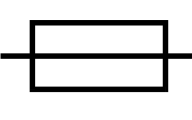
Fuse - A safety device containing a thin wire that melts if the current is too high and protects circuits by breaking the circuit when excessive current flows

Fixed resistor - A component that resists the flow of electric current by a fixed amount.
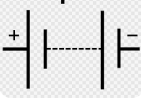
2 cell battery - Two cells connected together to provide electrical energy for the circuit
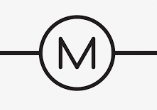
Motor - A device that converts electrical energy into kinetic (movement) energy. Powers moving parts, such as fans or wheels.

Closed switch - A switch where the contacts are touching, completing the circuit. Allows current to flow.
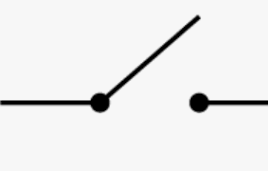
Open switch - A switch where the contacts are separated, breaking the circuit. Stops current from flowing.
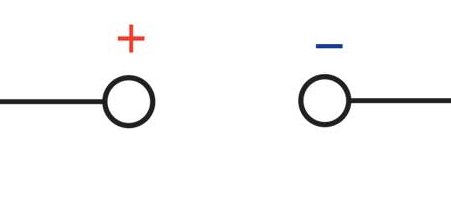
Power supply - A device that supplies electrical energy to a circuit, often with adjustable voltage

Wire - A conductor (usually copper) that connects components and allows current to flow between parts of a circuit.
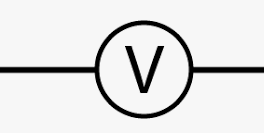
Voltmeter - A device that measures potential difference (voltage) across a component.
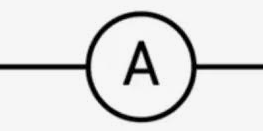
Ammeter - A device that measures current in a circuit.
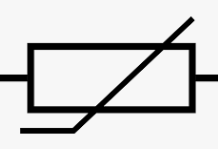
Thermistor - A resistor whose resistance changes with temperature and is used in temperature sensors

Bulb - A device that converts electrical energy into light (and heat).
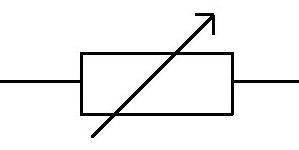
Variable resistor - A resistor whose resistance can be adjusted.- Controls current or voltage in a circuit (e.g., dimmer switches, volume controls).
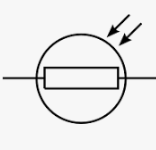
Light dependant resistor - A resistor whose resistance changes with light intensity. Used in light sensors — resistance decreases as light intensity increases.
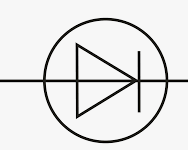
Diode - A component that allows current to flow in only one direction.